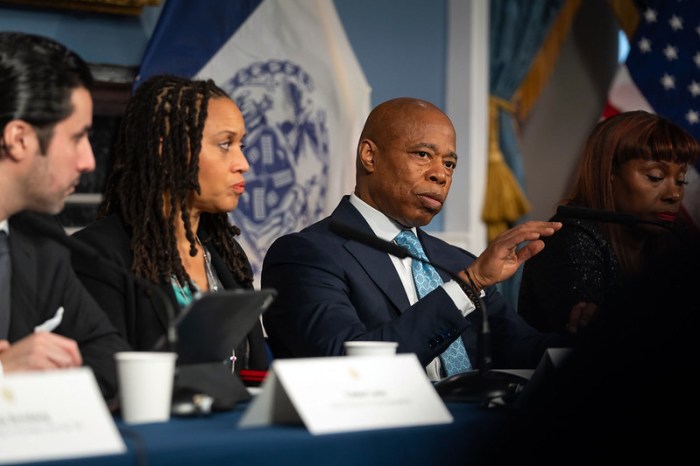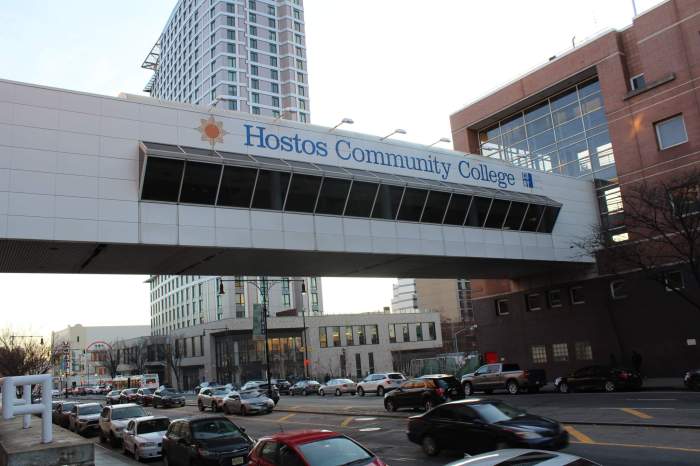
This year, our state has a chance to take a historic step forward to restore fairness, opportunity and economic security to working families. I’ve proposed a policy of 12 weeks of paid family leave that would support working parents who need time off to bond with a new child or others who need to care for a loved one facing a serious illness. It would be the most robust such program in the nation — and it would show the nation what it means to stand up for and help working families.
Yet in recent days, some have suggested that this policy would hurt small businesses or advance a perception of New York as anti-business. These suggestions could not be further from the truth.
The proposal would cost employers nothing. Instead, the program would be paid for by a small deduction from employees — about 70 cents per paycheck in the first year of the program, and $1.47 per paycheck when fully implemented in 2021. And in the event that an employer needs to hire temporary help or rely on overtime work while a worker is out, that employer would have the ability to do so because he or she wouldn’t be paying the worker’s salary. In other words, there would be no negative impact on a company’s bottom line.
And when we look at the experiences of other states and businesses that offer paid family leave, we see that this is true. A survey of businesses in California five years after that state enacted a paid family leave policy found that the overwhelming majority of businesses — 92.8 percent — experienced a positive or neutral impact on employee turnover. Large and small businesses in New Jersey also experienced no effect on their profitability or performance once that state’s paid family leave was implemented. And in both states, there have been no reported instances of workers abusing the program.
Not only is paid family leave actually a benefit to businesses, it corrects an injustice that disproportionately hurts women and low-income workers. Under the status quo, about 60 percent of workers are guaranteed up to 12 weeks of unpaid family leave. But that is a useless benefit for many, especially single mothers and people of color, who are more likely to earn lower wages. It presents them with an impossible choice — they can take time off to care for their loved ones, but they’ll risk the roof over their heads or struggle to put food on the table.
The United States is one of only a handful of countries without paid family leave. We have fallen behind the rest of the developed world in supporting working families, and that is not something we should stand for in New York. We should set the example when it comes to supporting our workers, who are among the most productive in the world, when they need to care for a loved one.
We need to nurture future generations from the beginning, and paid family leave will help parents give babies a better, healthier start. Unfortunately, people will also continue to get sick. There is no changing this reality, and businesses will have to continue to adjust when these circumstances occur. What we can change is how those moments impact the financial well-being of the people of this state. And we can change that for the better.
There really is no solid argument against this proposal. It saves businesses money by reducing turnover and strengthening the workforce, and because it is employee-funded, it will cost the private sector nothing. It brings fairness and decency and reassurance to workers so they don’t have to choose between caring for a child or sick relative and maintaining their basic financial security. And it will strengthen the promise of this state — that at the end of the day, we are all New Yorkers, and we will come together to build a better future for all.
Andrew M. Cuomo
is governor
of New York.

















